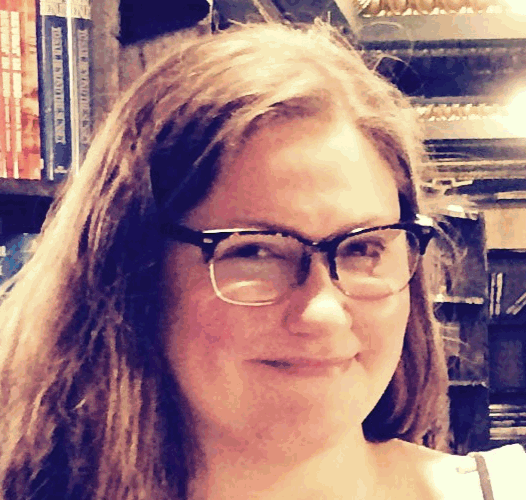Karen Zgoda, Dr. Melanie Sage, Dr. Jonathan Singer, & Dr. Lauri Goldkind
Have you considered incorporating technology or social media into your courses? If you have, then you are not alone. However, it can be daunting, given that there seems to be an increasing push to use these digital tools but not much direction as to how to do it. In this podcast, four social work educators talk about how they have used digital tools in their teaching. Professors Karen Zgoda, Melanie Sage, Jonathan Singer, and Lauri Goldkind offer examples from their work as they share thoughts about, and experiences with, integrating technology-mediated assignments into their coursework.
Karen Zgoda is an instructor in the School of Social Work at Bridgewater State University. She starting hosting online social work chats in 2000 and is currently a collaborator and chat host for the #MacroSW Twitter chats focused on macro social work practice. Karen previously wrote the SW 2.0 technology column for The New Social Worker Magazine and served as an AmeriCorps VISTA member and project coordinator at CTCNet working on digital divide issues. Her research and pedagogical interests include technology in social work and education, macro social work, social policy, and research methods.
Melanie Sage, PhD, is an assistant professor and BSSW program director at University of North Dakota, where she conducts research in areas of both child welfare and technology. She has trained over 1,000 social workers in the ethical use of social media and is especially interested in how technology is used in child welfare practice and in social work classrooms. She teaches coursework in direct practice with individuals and families, children’s mental health, and motivational interviewing. Dr. Sage holds a PhD in social work and research from Portland State University and an MSW from East Carolina University and spent most of her pre-academic social work career in child welfare and mental health settings. Currently, she’s working with colleagues, Dr. Laurel Hitchcock and Dr. Nancy Smyth, on a book titled “Teaching Social Work with Digital Technology.” You can join her for conversation and virtual coffee on Twitter: @melaniesage.
Jonathan B. Singer, PhD, LCSW, is an associate professor of social work at Loyola University Chicago and founder and host of the Social Work Podcast. His practice, teaching, and scholarship focuses on suicide intervention, cyberbullying, family-based interventions, community services, school social work, technology, and podcasts. Dr. Singer is the author of 45 publications, including the 2015 book “Suicide in Schools: A practitioner’s guide to multilevel prevention, assessment, intervention, and postvention.” He has given over 100 academic and continuing education presentations nationally for the U.S. Military, community mental health agencies, school districts, and clinical social work organizations. He can be found on Twitter as @socworkpodcast.
Lauri Goldkind, PhD, teaches at Fordham across the foundation and advanced year curricula as well as in the masters of nonprofit administration program. She holds an MSW from SUNY Stony Brook with a concentration in planning, administration, and research and a PhD from the Wurzweiler School of Social Work at Yeshiva University. Her practice experience was focused in the in youth development, education, and juvenile justice realms. Prior to joining the faculty at Fordham, she served as Director of New School Development and Director of Evaluation at the Urban Assembly (UA), a network of specialized public schools located in Brooklyn, the Bronx, and Manhattan. At UA she supported principals through the new school process, helping them earn start-up grants valued at over $500,000 per school; additionally, she provided technical assistance to principals and school-based staff on data-driven decision making, development and maintenance of data management structures and the effective use of data to improve student achievement.
Interviewer: Nancy Smyth, PhD






